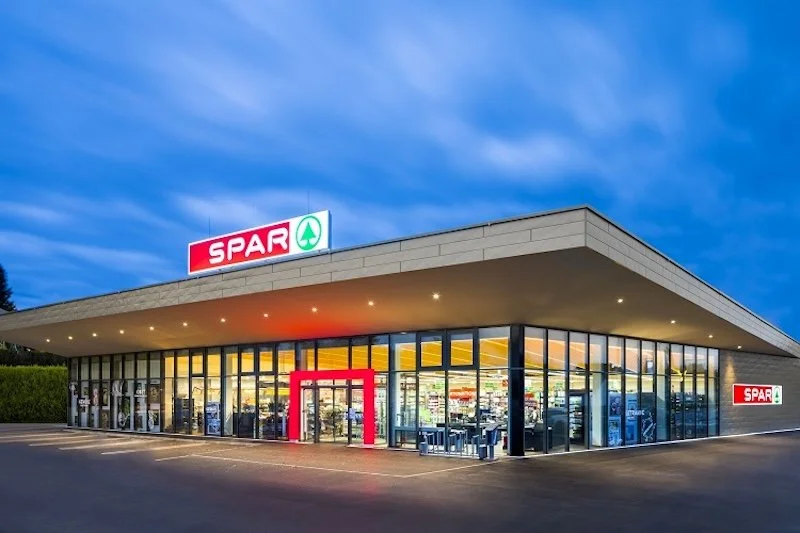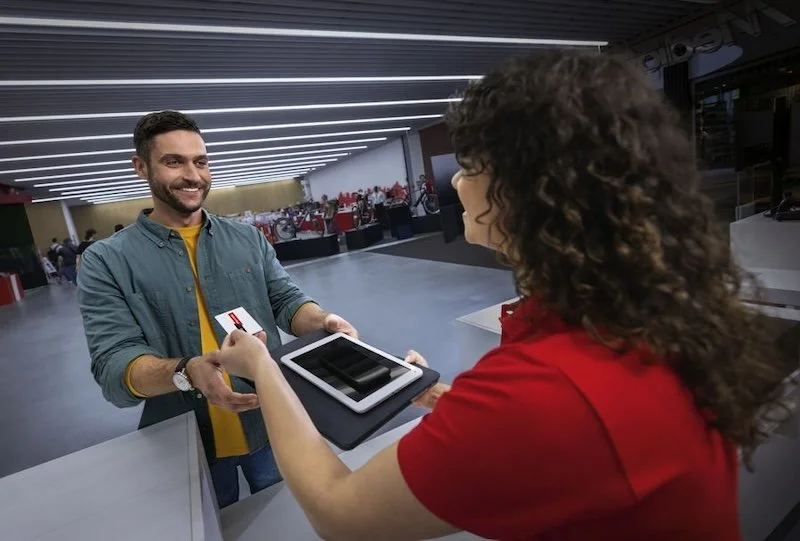Are retailers their own worst enemies when it comes to social media?
Marks and Spencer is in deep doo-doo. That’s no secret.
It is, to quote Fiona Cincotta, Senior Market Analyst at City Index, “an increasingly irrelevant old retailer”. This week, M&S reported the heavy costs of a restructuring programme just at it prepared to stick its hand out to investors for more money to fund its Ocado deal (check out the full year results for the 52 weeks ended 30th March 2019 here).
Also this week, it ploughed on with a series of unbearably smug TV ads that belong in the 1990s. And it also took to social media to announce: “We’re bringing back the voice of the stores and making the role of the store central to all our activity, with store managers having visibility of their own P&Ls and food managers being given the information necessary to act on their own food waste #storevoice #biggerbolderfaster”.
Also of interest: Five best uses of social media for retailers in 2019
Twitter was predictably scathing in its response. “Makes you wonder what they were doing before,” said one user. “Allowing managers to manage their business? Revolutionary!” another one joked.
Who at M&S thought this would be a good idea and who signed off on it? It doesn’t make the company look ‘bigger, bolder, faster’. Rather ‘smaller, stupid and slower’. There are some retailers who are nailing Facebook, Twitter et al. Asos, for instance. I mean, this is just genius.
But many others consistently fall down in this space. They are neglecting social media when it comes to customer service, according to recent Eptica research. And too often they use these channels to make cringe inducing attempts at being cool.
Back to the drawing board, then, M&S. Or maybe follow JD Wetherspoon’s example and withdraw from the game. Because it’s sad to see a once great retailer making a fool of itself in public.










Continue reading…